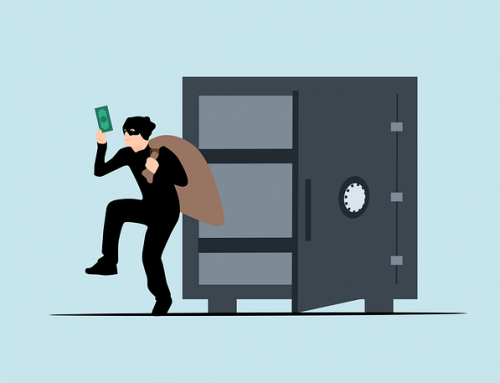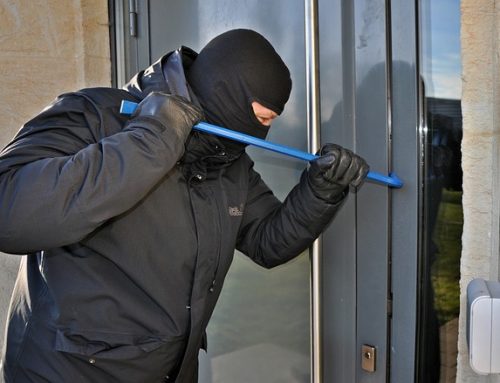In light of the recent protests, many crimes that were previously rare occurrences have been coming up a lot more recently. One of the crimes that has been charged more frequently is California Penal Code 243 PC – battery on a peace officer. The law is defined as willfully and unlawfully touching a peace officer or other protective official in a harmful or offensive manner while the officer is engaged in their duty.
Basically, what the law says is that it’s illegal to hit, grab, wrestle, grab, or otherwise touch a police officer or other protected person while they are performing their duties. Generally, those who are charged with battery on a peace officer are those who struggle or fight during an arrest. Battery on a police officer is also seldom the only charge an individual faces. It’s usually tacked on when a suspect forcefully attempts to escape from police. For example, a person is being questioned by law enforcement about a recent robbery. When the suspect fails to adequately answer police questioning, they move to make the arrest. When that happens, the suspect punches the officer in the face and runs off. In this case, the suspect may be charged with robbery, evading arrest (since he ran away), and battery on a peace officer because he punched the arresting officer.
Simply touching a police officer is not enough to warrant charges under PC 243. It’s perfectly within the law to touch a police officer on the shoulder, or tug on their sleeve to get their attention. What the law deals was intended to do is add a layer of protection for police and other individuals who have to deal with people in a heightened state of emotion. Aside form that, local, county, state, and federal agencies don’t want it to be easy to violently disrupt or attack the police.
Basic battery on a peace officer is a misdemeanor in California that is punishable by misdemeanor probation, up to one year in county jail, and/or a $2,000 fine. However, if the battery results in an injury to the officer (even if medical attention is unsought or unnecessary), the charges become a “wobbler” offence that can be charged as either a misdemeanor or a felony. If charged as a misdemeanor, the penalties are the same as those above. However, if charged as a felony, the suspect faces felony probation, 16 months to 3 years in county jail, and/or a fine of up to $10,000.






